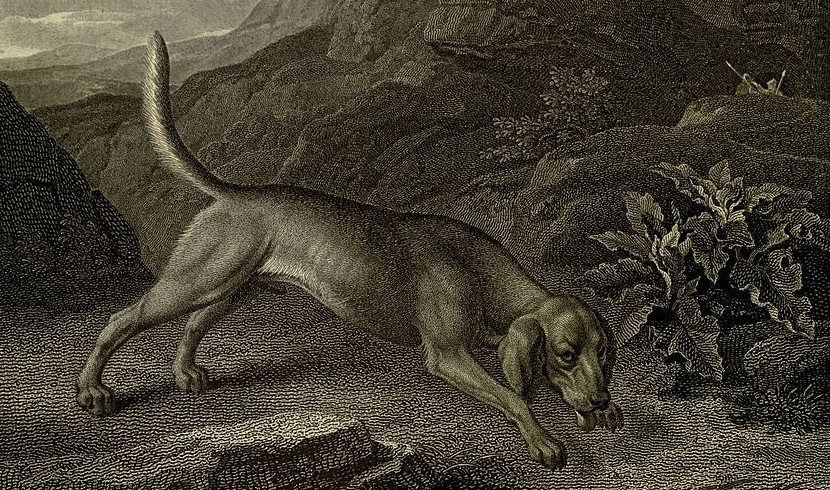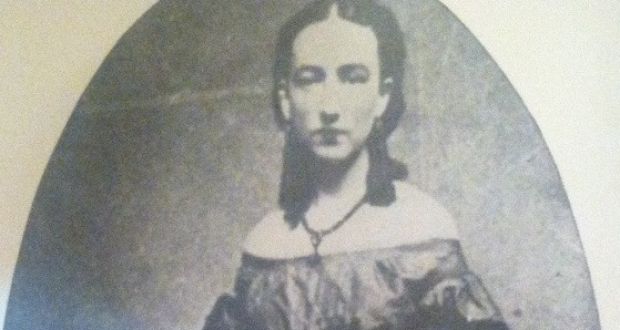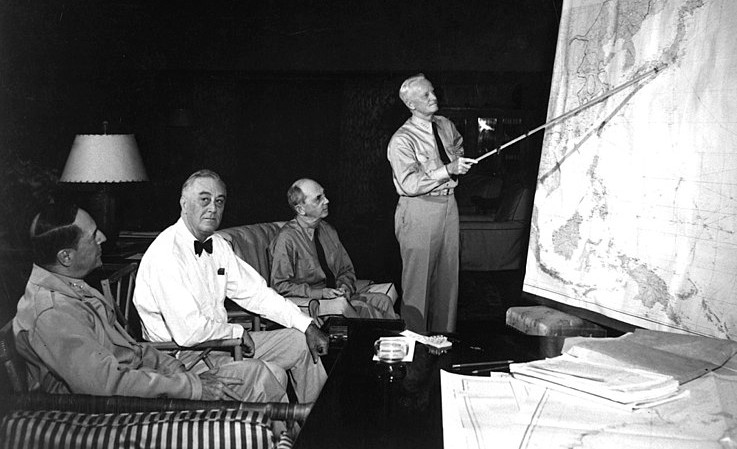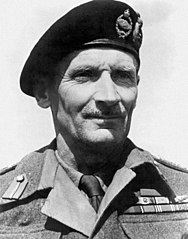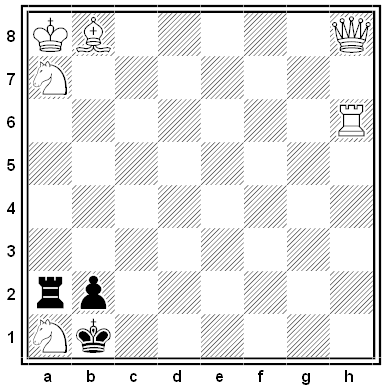In 1941, biochemist Alexander Todd visited the Defence Research Establishment at Porton to see a demonstration of a new chemical weapon to be used against tanks. Afterward, “I proceeded to the bar where — believe it or not — there was a white-coated barman who was not only serving drinks but also cigarettes!”
I hastened forward and rather timidly said ‘Can I have some cigarettes?’
‘What’s your rank?’ was the slightly unexpected reply.
‘I am afraid I haven’t got one,’ I answered.
‘Nonsense — everyone who comes here has a rank.’
‘I’m sorry but I just don’t have one.’
‘Now that puts me in a spot,’ said the barman, ‘for orders about cigarettes in this camp are clear — twenty for officers and ten for other ranks. Tell me what exactly are you?’
Now I really wanted those cigarettes so I drew myself up and said ‘I am the Professor of Chemistry at Manchester University.’
The barman contemplated me for about thirty seconds and then said ‘I’ll give you five.’
Todd added, “Since that day I have had few illusions about the important of professors!”
(From his 1983 autobiography, A Time to Remember.)

